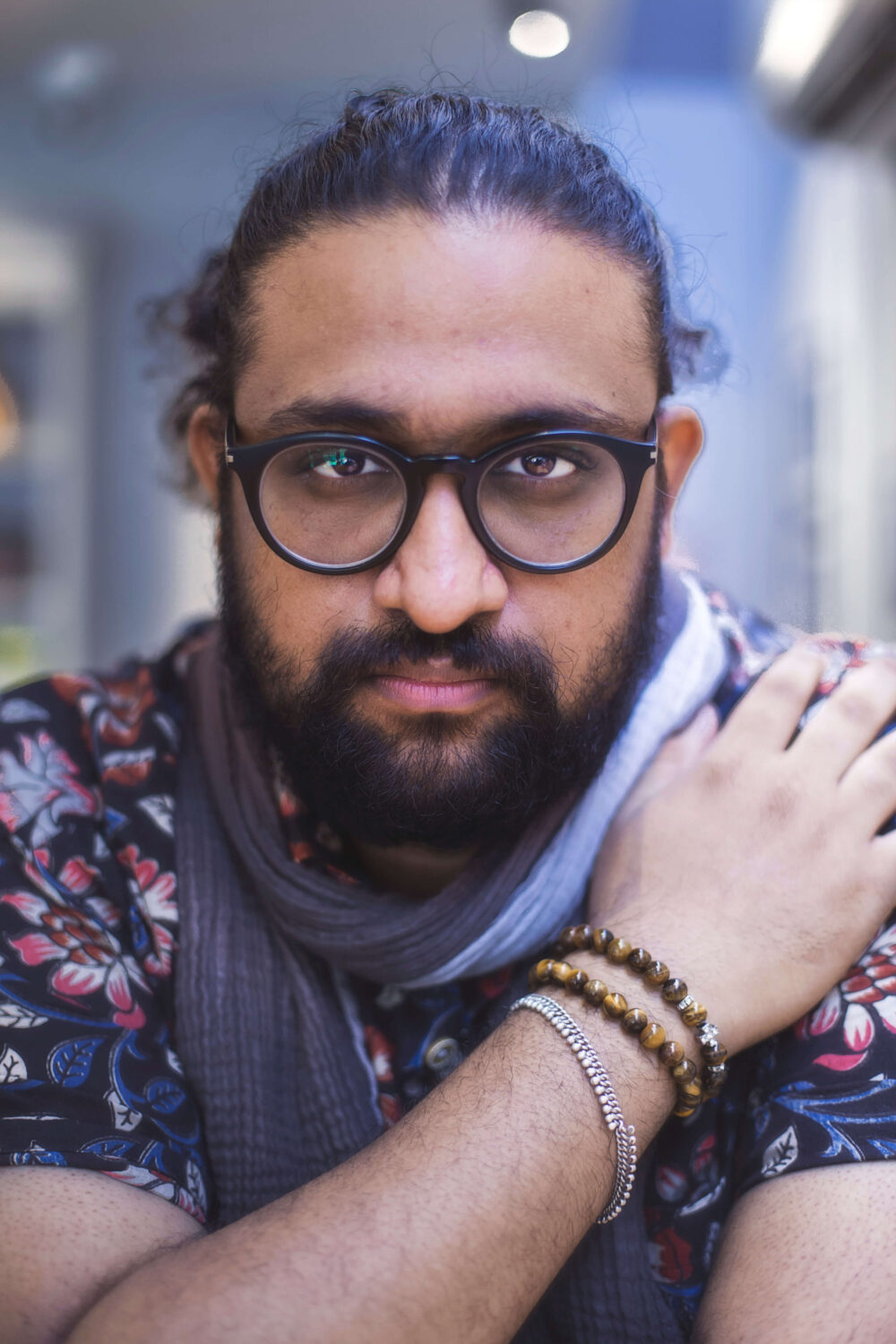
Indian Dalit theater practitioner Sri Vamsi Matta will be the inaugural academic year-long Interdisciplinary Artist-in-Residence for 2023-24 in exciting news announced by the University of Wisconsin Madison. UW-Madison Division of the Arts along with the Department of Asian Languages and Cultures will also welcome Vamsi as an educator and visual artist coming from Bengaluru, India.
Vamsi is a Bangalore-based theater actor, writer, and director who is influenced by the experience of Dalit identity and looks forward to exploring the history of identity and inequities at UW-Madison as his work often does in the context of Indian caste, faith, and race.
The word Dalit comes from the caste system that historically and presently has had an effect on the social hierarchies of societies across South Asia, according to a press release from UW. Dalits are the outcasts of the system and have historically been labeled as “untouchable” to further dehumanize them. Although the Indian government outlawed untouchability in 1950, the remnants of the discrimination and caste follow those who benefit from the system when they migrate.
“I want my presence to be felt and interacted with through my performances, teaching, workshops and public interventions during my time in Madison,” said Vamsi in a news release from UW-Madison. “Through my presence, I want to be able to engage with America’s imagination of performing arts and what constitutes aesthetics, and to find crossroads where our notions of the other intersect on questions of caste, race, sexuality, ethnicity or gender.”
Vamsi will be teaching a three-credit course named, “Whose Art Is It Anyway? Exploring Folk Performance from South Asia” in the coming semester, according to a press release from UW, and the class will be an exploration of various folk performance traditions across South Asia and juxtapose those traditions with performance-based activism in the United State, imagining how both originate, develop, and are then used by people in the society.
“This is the first time this content will be taught by a Dalit artist and scholar themselves, thus inviting others from similar backgrounds of identity-based oppression into the classroom,” said lecturer in Hindi in the Department of Asian Languages and Cultures and residency lead Zara Chowdhary in a release. “Madison, the university student and staff community, and the state have so much to offer in the fields of storytelling, music and culture. This residency is structured as a bridge between these diverse and vibrant communities to spark conversation and to invite questions, collaboration and contribution.”



